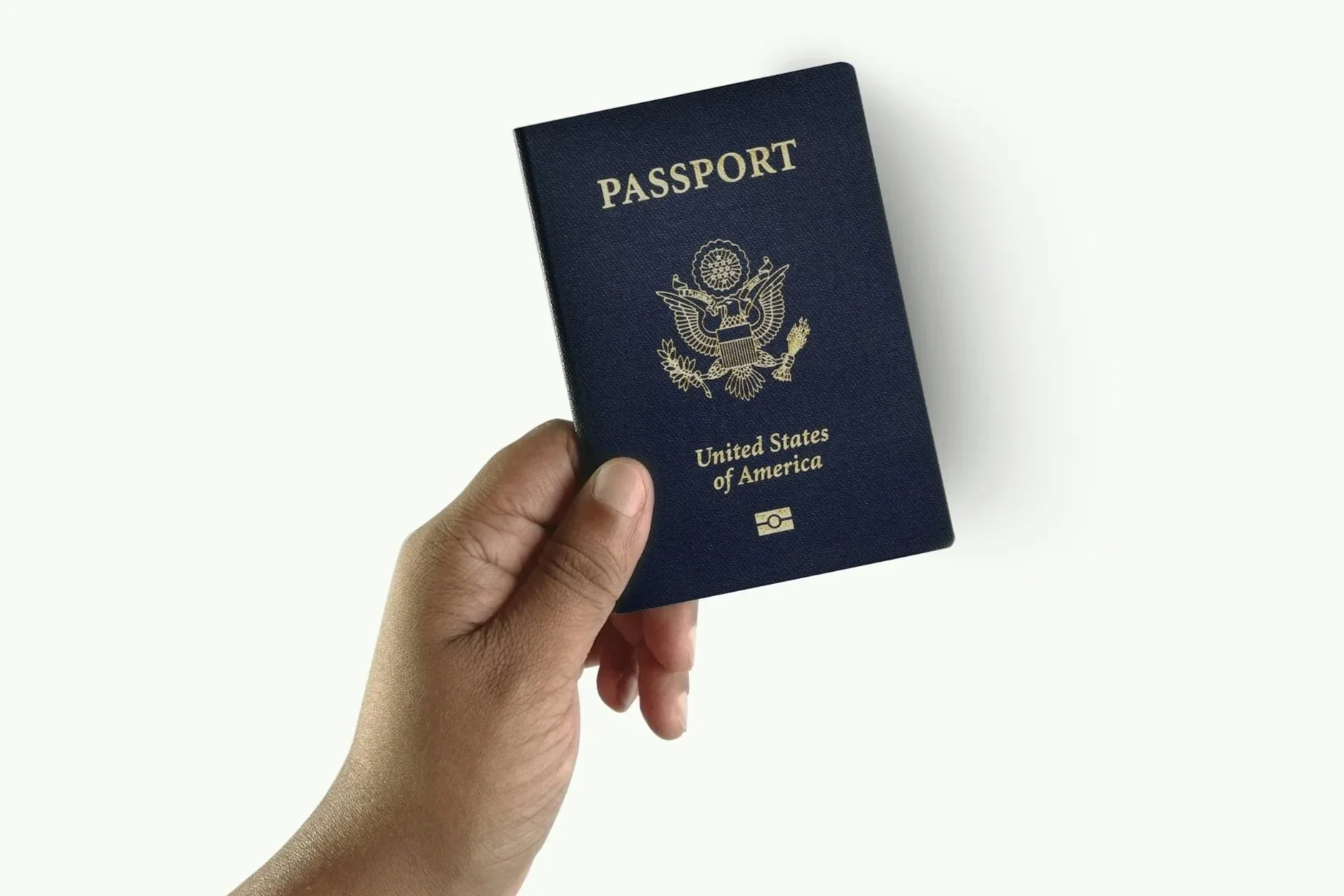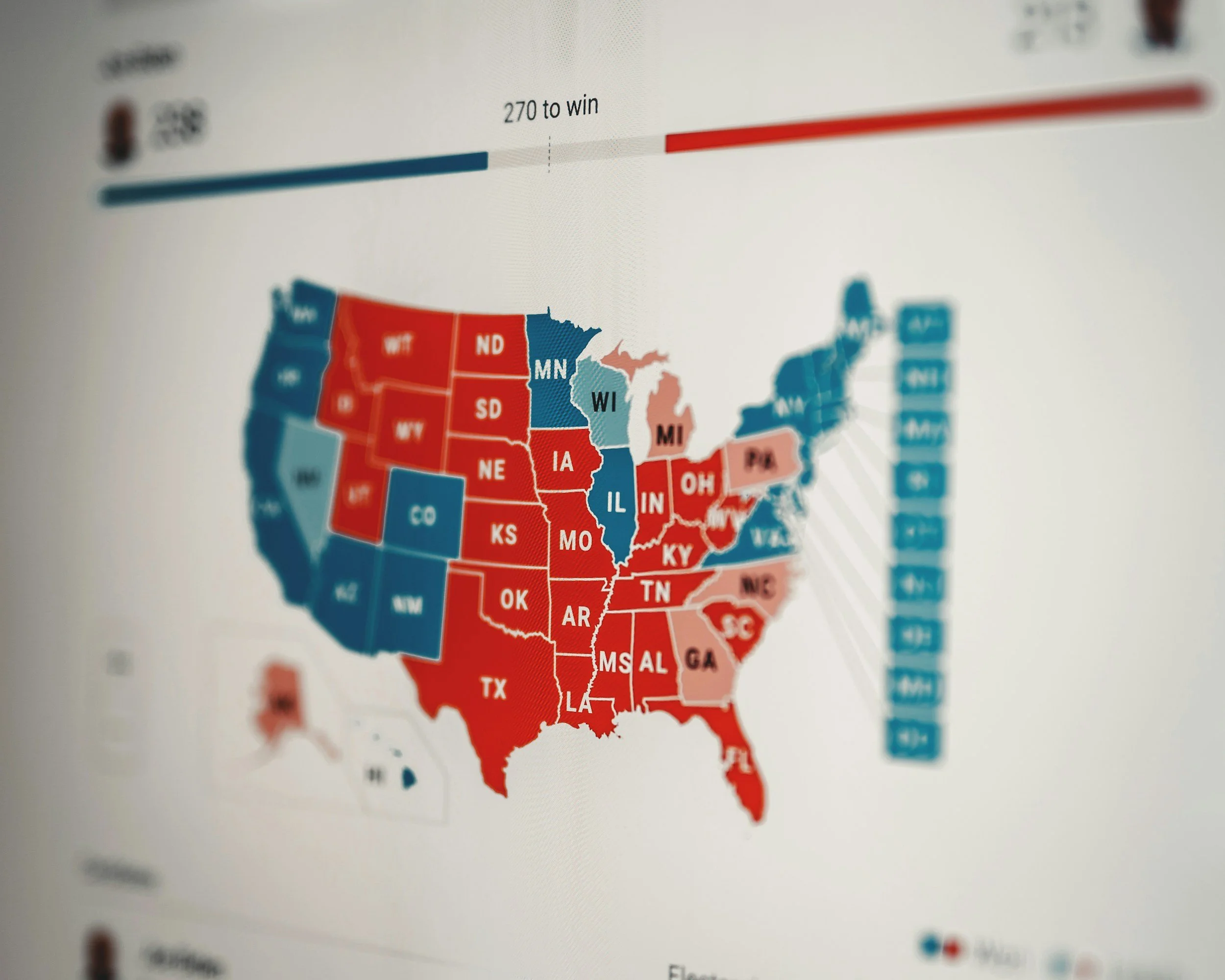Rationally Based is a Supreme Court blog focused on the United States Supreme Court’s decisions, judicial philosophies, and their effects. We analyze landmark cases, legal trends, and the Court’s role in shaping law and society, keeping it clear and concise. Whether you’re a legal professional, law student, or just interested in the highest court, we provide insights into its impact on American jurisprudence. Explore our articles to stay informed on the Court’s decisions and their implications.
Loading articles...
Featured Articles
Latest Articles

Oral Argument Breakdown: Restrictions on Attorney-Client Communications during Overnight Recess
In Villarreal v. Texas, the Court addressed whether a trial judge's order prohibiting a defendant from discussing his ongoing testimony with counsel during an overnight recess violates the Sixth Amendment right to counsel.

SCOTUS Stays Injunction Stopping Dem FTC Chair’s Firing
In Trump v. Slaughter, the Supreme Court on September 22, 2025, issued an unsigned order granting a stay of a lower court decision that had reinstated FTC Commissioner Rebecca Kelly Slaughter after her removal by President Donald Trump. The Court also treated the application as a petition for certiorari before judgment and granted it, setting arguments for December 2025.

SCOTUS Stays Injunction Requiring $4 Billion in Foreign Aid
In a landmark decision underscoring the ongoing tensions between executive authority and congressional oversight, the U.S. Supreme Court on September 26, 2025, granted a stay in Department of State et al. v. AIDS Vaccine Advocacy Coalition et al., effectively allowing the Trump administration to withhold approximately $4 billion in foreign aid funds. This emergency ruling paused a lower court's injunction that had required the executive branch to obligate the funds before their fiscal year-end expiration on September 30, 2025.

Trump Admin Asks SCOTUS to End Birthright Citizenship
The case stems from President Trump's January 20, 2025, executive order aiming to restrict birthright citizenship under the 14th Amendment, excluding children born in the U.S. to parents who are undocumented or on temporary visas, challenging long-standing interpretations rooted in post-Civil War history and key Supreme Court precedents like Wong Kim Ark.

SCOTUS Allows ICE to Continue Stops Based on Broad Racial Factors
In a divided order, the U.S. Supreme Court has paused a lower court injunction that limited the ability of federal immigration officers in the Los Angeles area to conduct investigative stops based on a combination of factors including race, language, and location.

Race-Based Redistricting Comes Before the Supreme Court
Louisiana is asking the Supreme Court to invalidate a congressional map that creates a second majority-Black district, setting the stage for a major showdown over the future of the Voting Rights Act and the role of race in American politics. Amid debates over redistricting, the disposition of this case may have long lasting ramifications.

Transgender Bathroom Case Reaches Supreme Court’s Emergency Docket
The Supreme Court is once again being asked to weigh in on the contentious issue of transgender rights, this time in the context of student bathroom access. An emergency request from South Carolina has landed on the Court's docket, and the decision could have far-reaching implications.

Is There a Path to Overturn Flag Burning Precedents
In a move that has reignited a long-simmering debate, President Trump has issued a new executive order aimed at prosecuting the burning of the American flag. The order, titled "Prosecuting the Burning of the American Flag," has sparked both praise and condemnation, with supporters lauding it as a defense of national pride and opponents decrying it as an assault on free speech.

Trump Admin Ends Shotgun and Rifle Ban in DC
In a significant policy shift, federal prosecutors in the District of Columbia have been directed to stop bringing felony charges against individuals solely for carrying rifles or shotguns. The new directive, confirmed by U.S. Attorney for D.C. Jeanine Pirro, stems from a Justice Department determination that the city's longstanding ban on the public carry of long guns is unconstitutional in light of recent Supreme Court precedent.

DC Attorney General Files Lawsuit to Stop Federal Takeover of MPD
The District of Columbia has filed a federal lawsuit against President Donald J. Trump, Attorney General Pamela Bondi, and other top administration officials, seeking to block what it calls a "brazen usurpation" of its authority over the city's Metropolitan Police Department (MPD). The complaint, filed on August 15, 2025, asks a federal court to halt the administration's assertion of "direct federal control" over the local police force, arguing the move is an illegal overreach that violates federal law and threatens to create "operational havoc" within the department.
Meet Ross J. Fodera, Esq.
Ross J. Fodera, Esq. is the founder of the Fodera Law Firm and specializes in small business legal services, including employment disputes, real estate transactions, corporate formation, contract disputes, and risk management. Since becoming an attorney Mr. Fodera has been involved in a number of six-figure settlement negotiations, EEOC proceedings, and real estate litigation. Mr. Fodera takes pride in providing affordable services and effectively communicating with clients so they understand every stage of their representation. Mr. Fodera is barred in the District of Columbia and Massachusetts.





In a significant policy shift, federal prosecutors in the District of Columbia have been directed to stop bringing felony charges against individuals solely for carrying rifles or shotguns. The new directive, confirmed by U.S. Attorney for D.C. Jeanine Pirro, stems from a Justice Department determination that the city's longstanding ban on the public carry of long guns is unconstitutional in light of recent Supreme Court precedent.